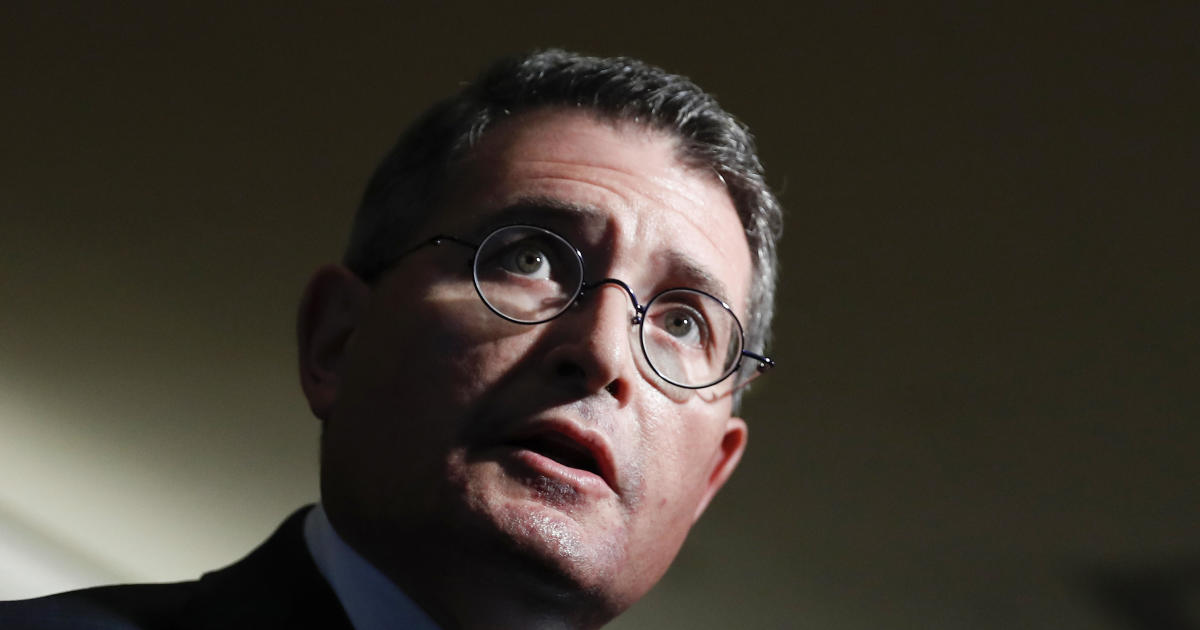
Leonard Leo won't comply with Senate Democrats' subpoena in Supreme Court ethics probe
CBSN
Washington — Conservative judicial activist Leonard Leo said he will not comply with a subpoena issued by Democrats on the Senate Judiciary Committee as part of their ongoing investigation into ethics practices at the Supreme Court.
The subpoena was issued to Leo by Judiciary Committee Chairman Dick Durbin on Thursday, months after Democrats on the panel voted to authorize it. Durbin has been looking into ethics issues at the high court for roughly a year following a series of reports that revealed Justice Clarence Thomas took luxury trips with a Republican megadonor, Harlan Crow, and did not disclose them. Crow, a Texas real estate developer, did not receive a subpoena from Durbin, a spokesman for Crow said.
"Mr. Leo has played a central role in the ethics crisis plaguing the Supreme Court and, unlike the other recipients of information requests in this matter, he has done nothing but stonewall the committee," Durbin said in a statement. "This subpoena is a direct result of Mr. Leo's own actions and choices."

More than 2 million federal employees face a looming deadline: By midnight on Thursday, they must decide whether to accept a "deferred resignation" offer from the Trump administration. If workers accept, according to a White House plan, they would continue getting paid through September but would be excused from reporting for duty. But if they opt to keep their jobs, they could get fired.

More employees of the Environmental Protection Agency were informed Wednesday that their jobs appear in doubt. Senior leadership at the EPA held an all-staff meeting to tell individuals that President Trump's executive order, "Ending Radical and Wasteful Government DEI Programs and Preferencing," which was responsible for the closure of the agency's Diversity, Equity, and Inclusion office, will likely lead to the shuttering of the Office of Environmental Justice and External Civil Rights as well.

In her first hours as attorney general, Pam Bondi issued a broad slate of directives that included a Justice Department review of the prosecutions of President Trump, a reorientation of department work to focus on harsher punishments, actions punishing so-called "sanctuary" cities and an end to diversity initiatives at the department.










